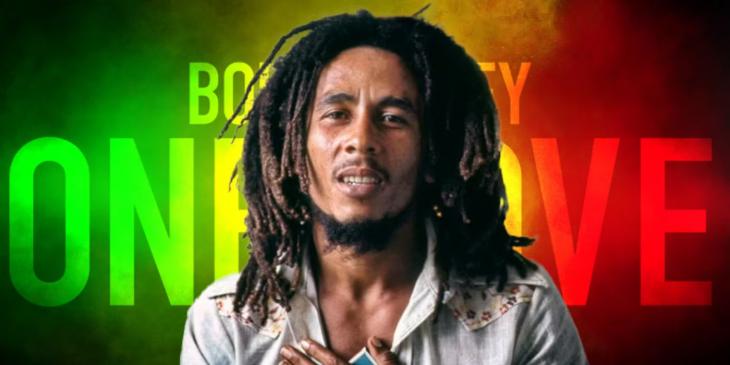
By Publisher Ray Carmen :
The Meeting of the Lion and the Label
In the early 1970s, the music world stood at the edge of a cultural shift. Bob Marley, already a revered figure in Jamaica with his band The Wailers, was about to find his global stage — and Chris Blackwell, founder of Island Records, would be the man to light that stage up.
Born into colonial privilege in Jamaica, Blackwell had an ear for the underground and the unspoken. Marley, by contrast, came from the streets of Nine Mile and Trenchtown, steeped in the fire of Rastafari, rebellion, and raw truth. When their paths crossed in 1972, it wasn’t just a business deal — it was a revolution.

Blackwell’s Gamble — And Bob’s Brilliance
Chris Blackwell fronted Marley and the Wailers £4,000 to record an album — a risky move in an industry that didn’t believe reggae could sell internationally. But Blackwell wasn’t buying into just reggae. He saw Marley as something different: a black rock star with a message.
The result was “Catch a Fire” (1973) — reggae’s first globally marketed album, with a Zippo-lighter-shaped cover and a sonic polish that fused Kingston grit with London sheen.
This wasn’t exploitation; it was amplification.
Marley brought the poetry, the politics, and the spiritual power. Blackwell brought the platform, the packaging, and the passport to the world stage.
Mutual Gain — Unequal Legacy?
Yes, Bob Marley made Chris Blackwell very wealthy. Island Records became a cultural empire, and Marley its crown jewel. Bob’s albums — Catch a Fire, Burnin’, Rastaman Vibration, Exodus, and Legend (released posthumously) — sold millions and still move hearts today.
But flip the record: Chris Blackwell made Bob Marley immortal.
He helped shape the image — the militant mystic with the lion’s mane.
He protected Bob’s creative freedom.
He refused to sanitize the message.
This wasn’t a one-sided hustle — it was a powerful, if imperfect, partnership. Blackwell had vision and capital. Marley had fire and faith. And Jamaica? Jamaica was the soul they both drew from — and gave back to, in different ways.
The Island and the World
Jamaica was more than a backdrop — it was the spiritual and political nucleus. From the hills of St. Ann to the ghettos of Kingston, the island’s struggles with poverty, post-colonial identity, and systemic violence infused Marley’s music. And Blackwell, to his credit, never tried to bleach that message.
Together, they turned Jamaica into a global symbol: not just of reggae, but of resistance, pride, and spiritual power.
Legacy Echoes
-
Chris Blackwell was inducted into the Rock and Roll Hall of Fame in 2001, credited with launching global careers.
-
Bob Marley became the first Third World superstar — a prophet in denim and dreadlocks, whose name lives longer than his 36 years.
Their partnership changed the sound of the world — and changed each other.




